How does modern day science understand and reconstruct shikohin?
In this series, “Understanding Shikohin and Its Experiences Through Science”, we will talk to scientists of various fields such as cognitive science, brain science and psychology.
For this article, we interviewed Dr. Masamichi Sakagami, Director of the Tamagawa University Brain Science Institute.
Experiences involving shikohin can enrich our lives. The reasons it moves us cannot be explained solely in terms of its medicinal or chemical effects.
So what is really happening in our brains, the castle of our minds and thoughts? Why is it that we are drawn to indulge in shikohin, when at first glance it may seem unnecessary for our health or the economy?
Dr. Sakagami has been researching brain science for many years and speaks about the brain as an organ. We will unravel the deep world of human intelligence through our ability of making choices and finding value in life.
In fact, it turns out that the reason why beer tastes so much better after a hard day’s work is directly related to the way our brain works.
Shikohin
Shikohin is a food or beverage that is not nutritionally necessary for the body but gives pleasure to one’s senses such as taste, touch, smell and sight.
Examples include tea, coffee, tobacco, liquor, pickles, soft drinks and ice. They often contain organic acids, caffeine, tannic acid, cocaine, alcohol, bitter substances, or essential oils. In a broad definition, it may also include sweets and confectioneries.
Encyclopedia Britannica Academic Japan
Understanding the shikohin experience through brain science
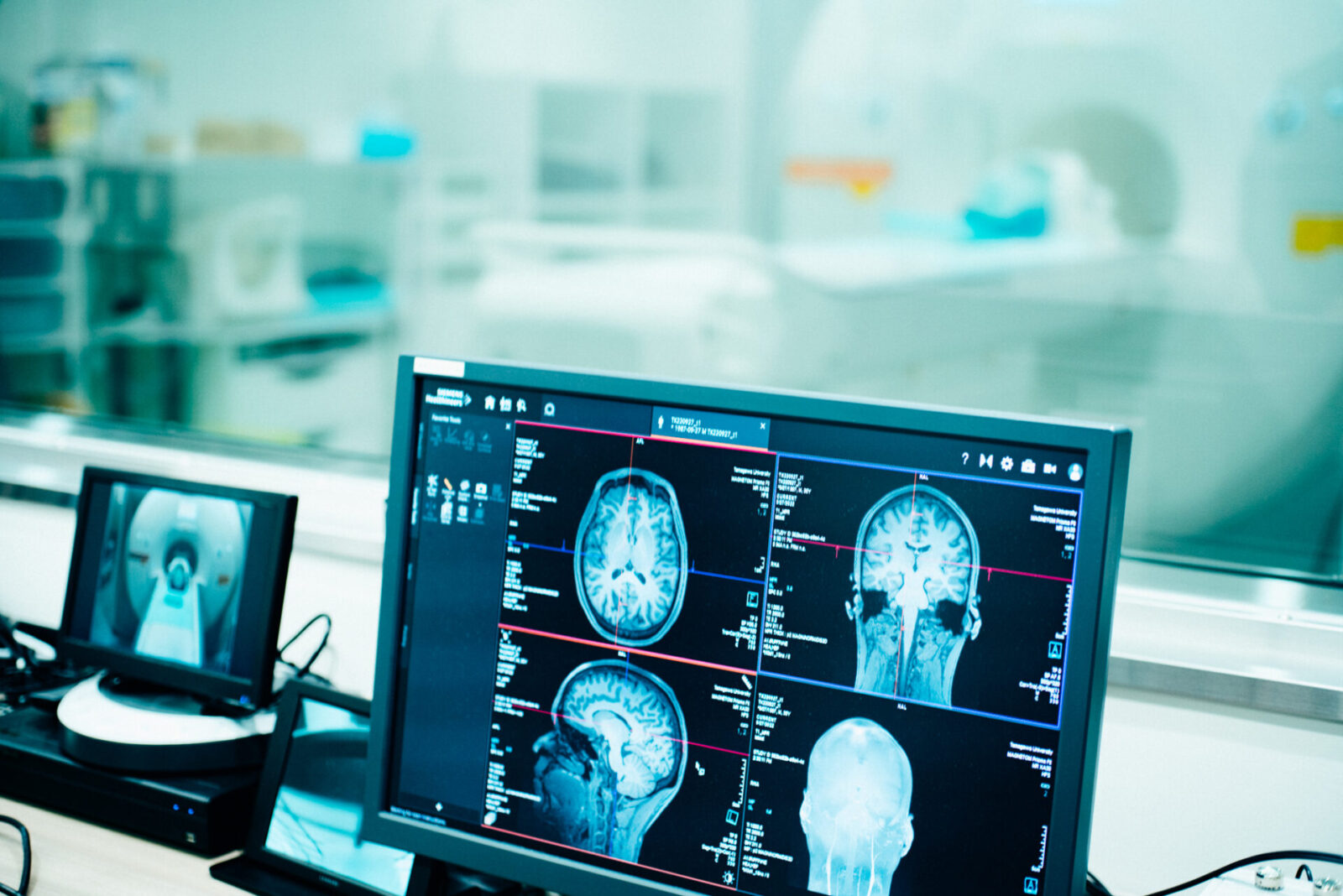
ーー According to brain science, what is happening in our brains when we are indulging in shikohin?
Let’s start by talking about a research project that studied shikohin.
In 2019, our research team succeeded in unraveling the mechanisms of the brain that explains why beer tastes so good after a hard day’s work. (*1)
In our study, we trained two Japanese macaques by giving them a task that required a lot of effort (high cost) and a task that did not require much effort (low cost), and then rewarded these tasks with juice. We studied the time it took to get a reaction in both cases.
The amount of juice given to the macaques were the same for both tasks. The time of response was measured and analyzed through the macaques’ electrical signals of the midbrain dopamine neurons.
When we analyzed the data we collected, we found that the rewards for the tasks that required more effort were considered more “valuabe” in the brain than for the tasks that required less effort.
Our research starts by connecting electrodes to monkeys’ brains and conducting experiments on how the brain reacts in order to better understand how the human brain works.
Monkeys and macaques and humans are very close on a genetic level. The results of this study explains in part the reasons why we enjoy beer more after a hard day’s work from the perspective of neuroscience.
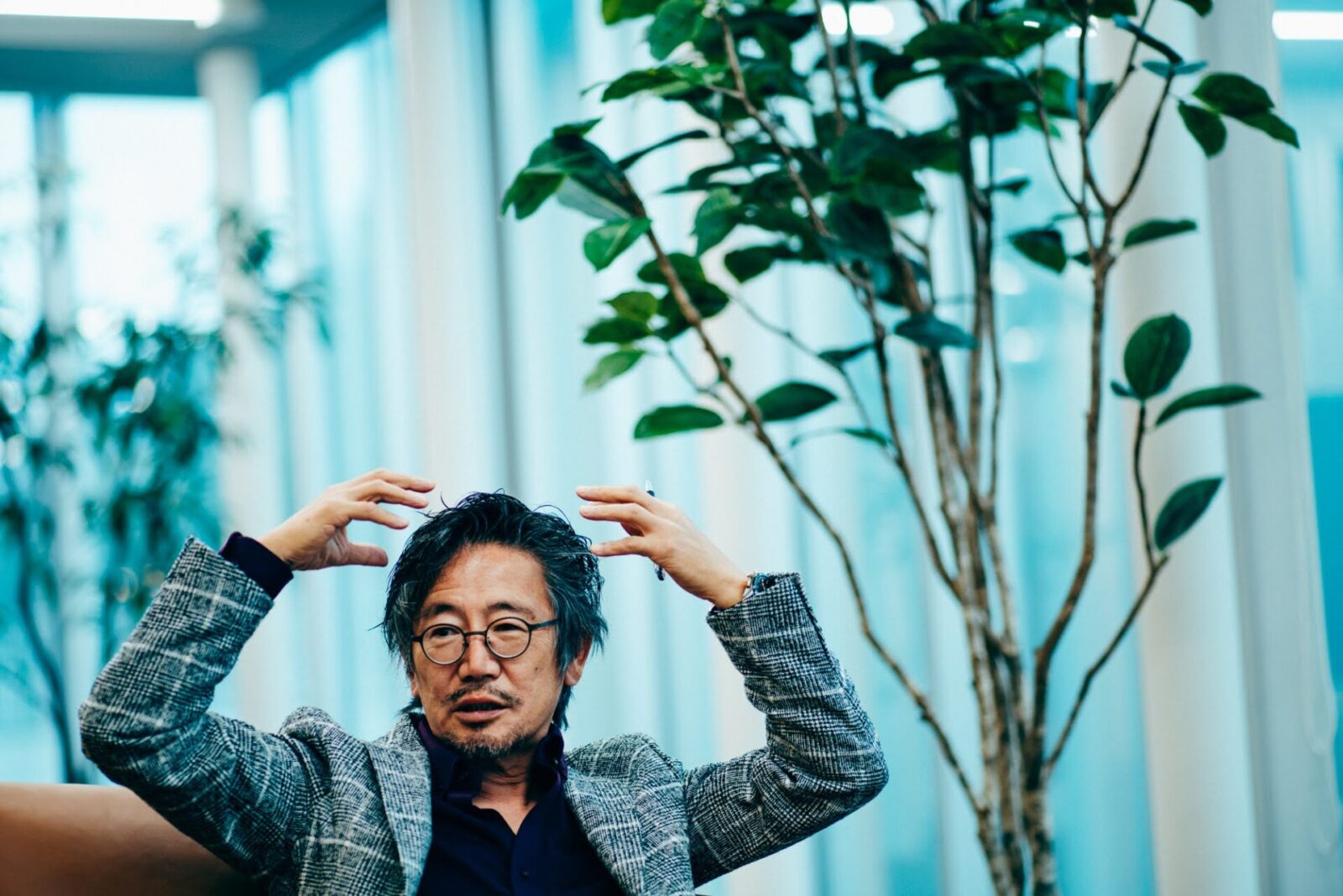
ーー You mentioned some key words such as rewards and dopamine. From the perspective of brain science, are these deeply connected to what we experience when we indulge in shikohin?
As shown in the aforementioned study, we believe that dopamine, rewards and the information we collect about reward prediction error are deeply related to the shikohin experience.
However, a few presumptions need to be explained in order to understand this, so let me talk about them one at a time. First, let me explain what kind of organ our brain is.
The brain is an organ that converts sensory information into motor information. Sensory information is information that comes by converting stimuli we receive from our environment through our eyes, ears and physical condition into electric signals which are then delivered to the brain.
The next important point is that we are animals, which means we are moving living beings. Movement, or in other words, action is a vital part of our survival.
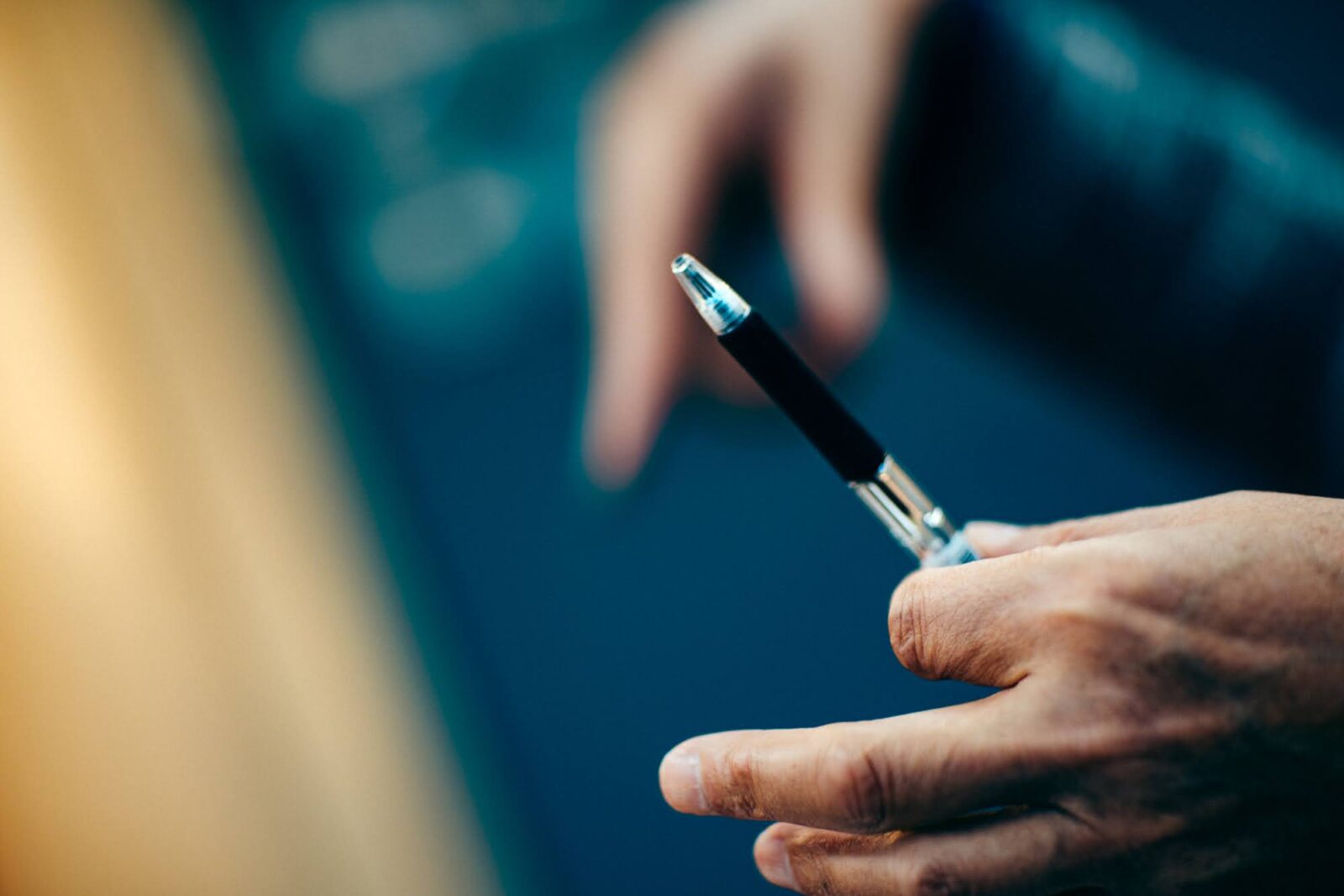
The brain is an organ that makes decisions based on information from our environment to judge where and how to move in order to better survive. These decisions are based on our brain being equipped with characteristics that are very unique to humans.
Animal behavior can be described as being based on external stimuli and how they respond to them. In animals with lower cognitive abilities, their response to external stimuli can be expressed as a 1-to-1 response.
For example, a frog will stretch out its tongue to catch and eat whatever is moving in front of it. This is called an “unconditional reflex” and most of the responses and actions in most animals with lower cognitive abilities are based on unconditional reflexes.
However, in animals with higher cognitive abilities such as humans, our responses to environmental stimuli are not simply a 1-to-1 response. For humans, we require “choices” in how we respond.
What it means to “obsess” and the mechanism of “choice”
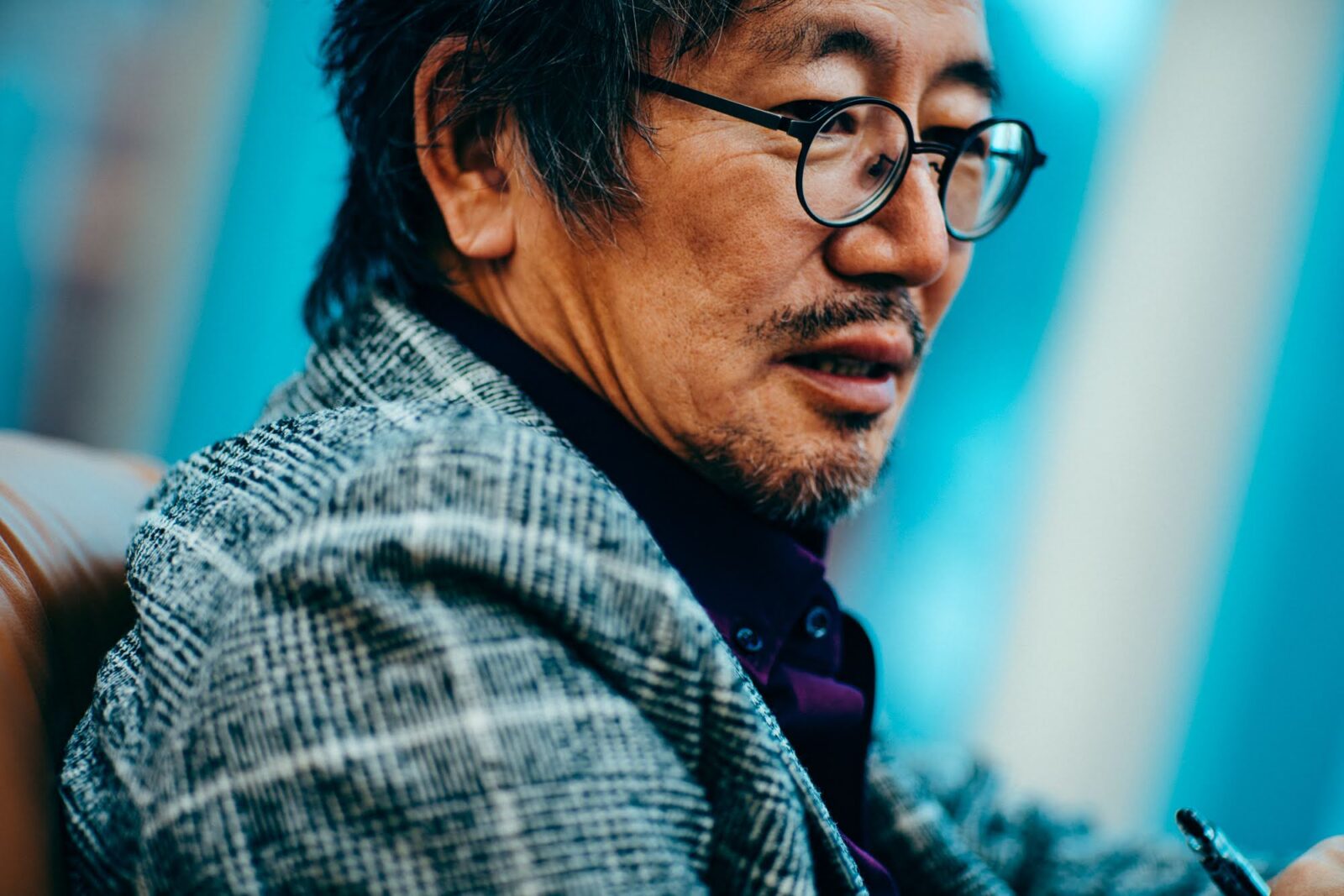
ーー How do humans make choices and can this be explained through brain science?
The way we make choices on how to respond to our environment is based on what will give us a better chance of survival or live a better life.
From a brain science perspective, in order for us to live a better life, we undergo processes of making connections between certain stimuli and how we respond to them. This is known as “learning.”
Learning is deeply connected to memory. By having the functions of learning and memory act in between our functions of picking up stimuli and responding, our brain chooses how to respond to different situations based on our past experiences.
This is part of what gives humans, and other smart animals, higher cognitive ability and it shows the complexity of the human brain.
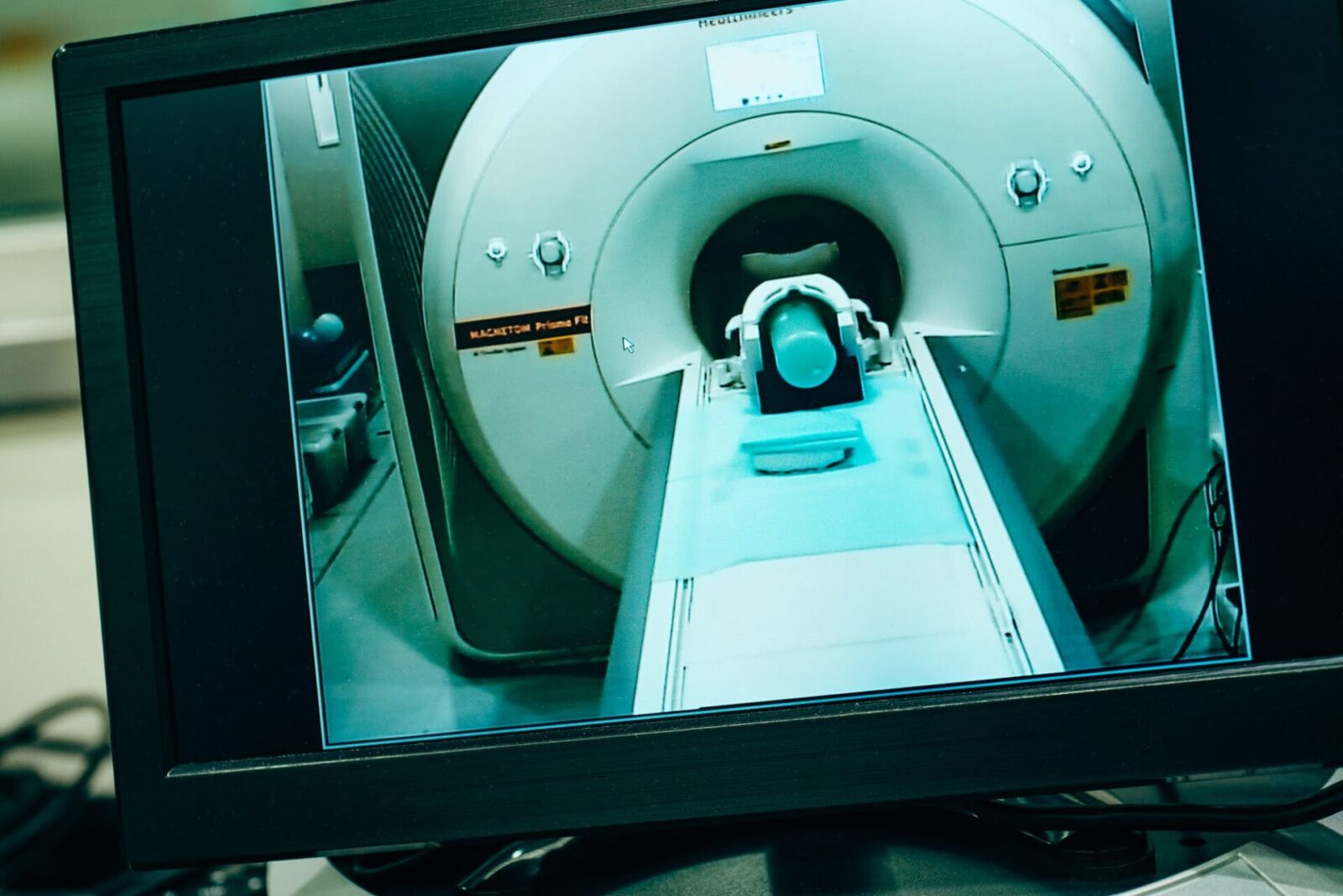
ーー The concept of choice and learning seems very complex. For example, if we were to decide what to eat for lunch today, we have a wide array of choices. From choosing the genre of food, to who we will eat with. What is it that makes it possible for our brain to choose among so many options?
As I mentioned before, our brain makes choices in order to better survive or make our lives better.
When we get hungry and think about what we should eat, we have many choices. For example, we can choose to eat strawberries or we can eat bananas.
So we need to choose between our options.
Animals with lower cognitive abilities do not choose, they simply eat whatever catches their attention first.
However, humans look at both the strawberry and banana and think about which one they want. When making the choice, we use “value” to base our final judgment.
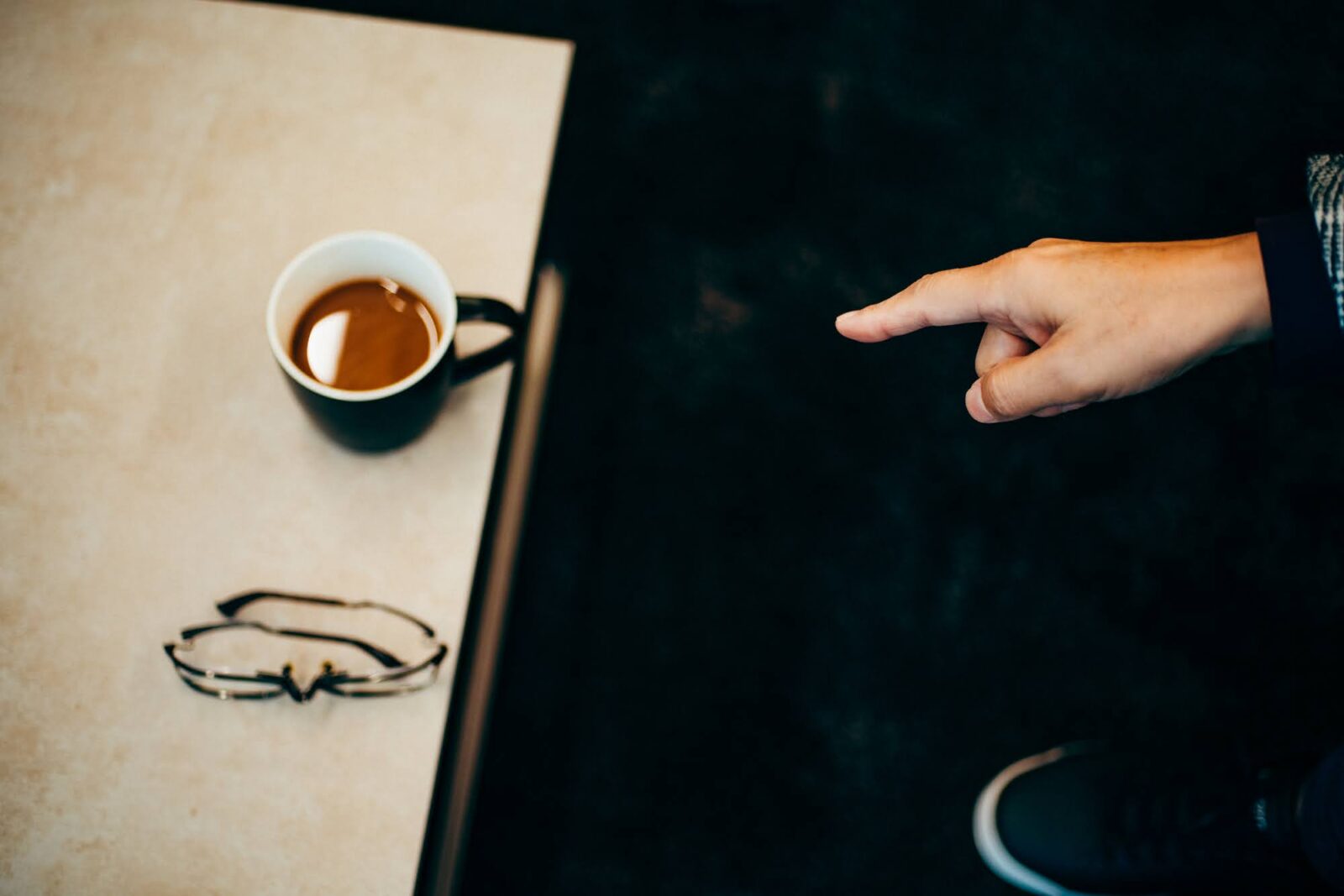
ーー What constitutes “value?” The value of things are very diverse and constantly changing in our modern world. For example, the value of social media influences was not something that existed 20 years ago.
The concept of value in terms of brain science is very simple.
For the purpose of our studies, we define value as the “prediction of reward,” or in other words, how happy obtaining something will make us.
When we talk about rewards in brain science, it includes everything from activities that satisfy the fundamental needs of human survival such as the consumption of food and water, to substances, situations, and activities that add “something good” to our lives.
Consequently, our brains must make various decisions in various environments.
These decisions are made by predicting what good or bad things will happen as a result of a particular action (reaction).
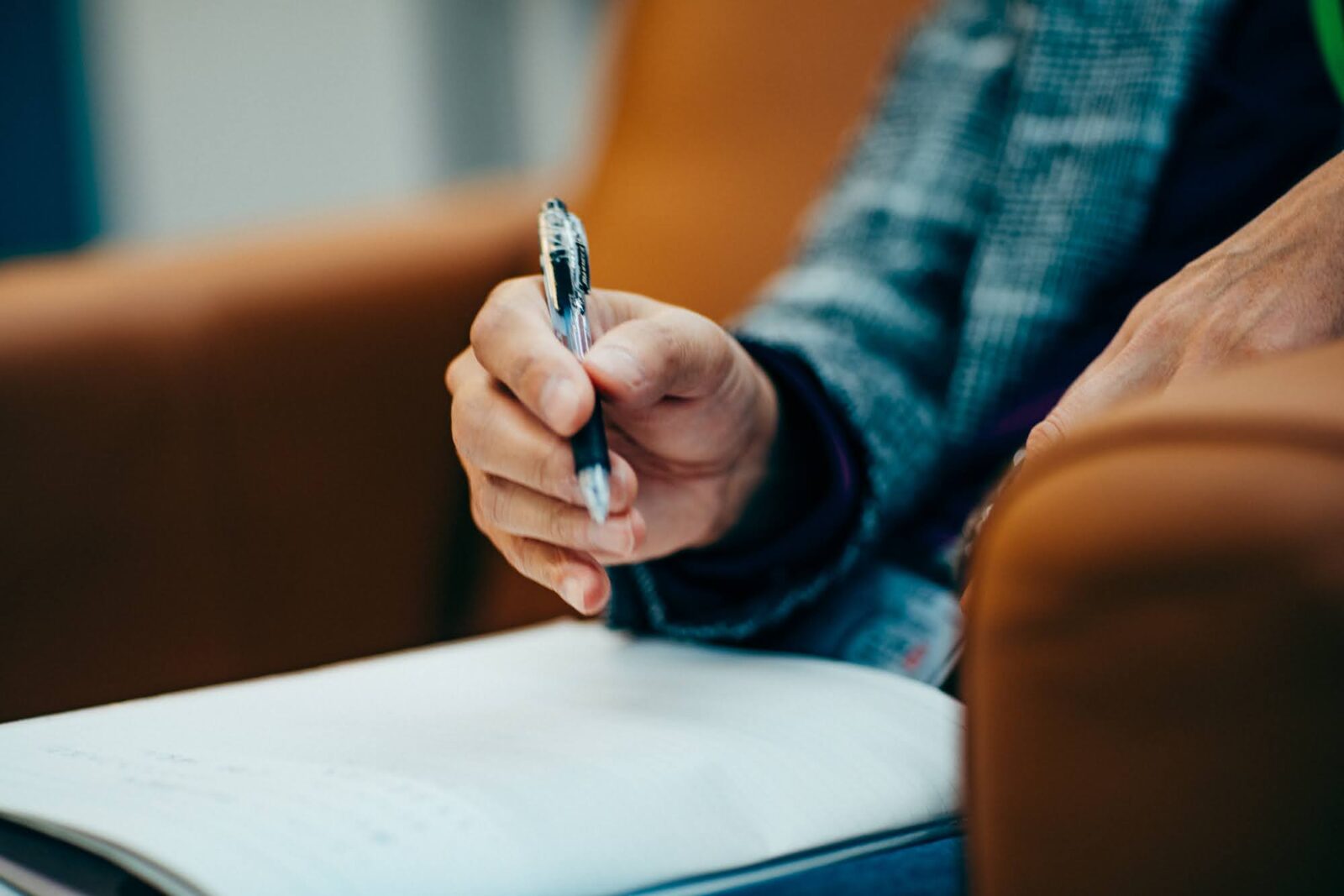
The latest research in brain science, including animal experiments to human studies, is proving that “the ability to predict highly rewarding choices is a fundamental mechanism of the brain.”
To answer your question, value in terms of brain science is something that is created by our brains. The value of a strawberry or a banana will differ with each individual person.
ーー The value of something will differ with each person. How about in the case of the difference in value of something like a food or a pen? How does the brain differentiate between these things?
The value of objects is a bit more complicated. For example, one can predict the value of a pen because it allows the action of writing or drawing. Also, the value of food ends after you finish eating it, but a pen can be used for days.
Because of this, the value of objects also includes the prediction of potential future rewards.
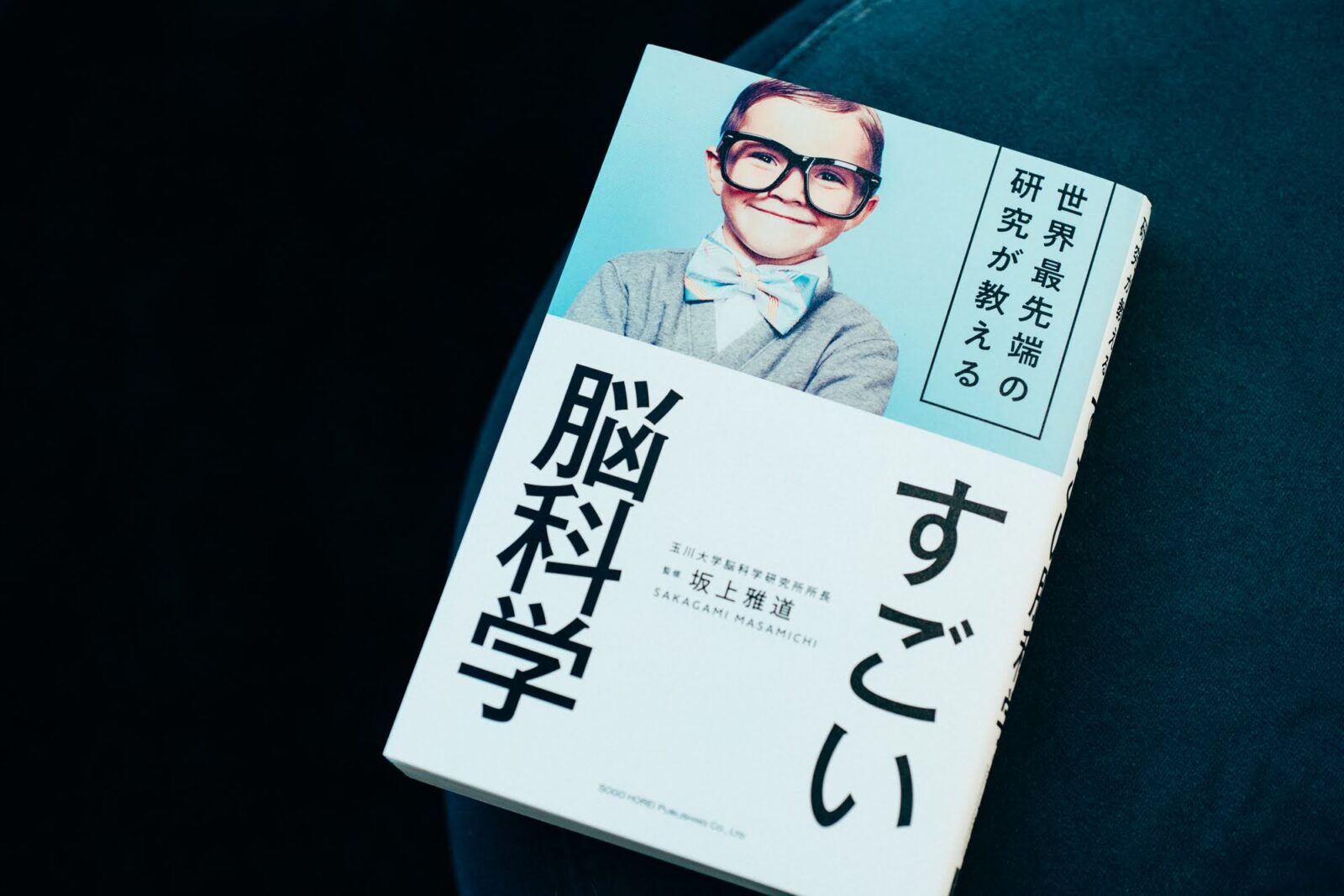
How does your brain decide what is “valuable”?
ーー What happens in the brain in order to create value in something?
We believe that this is where dopamine plays a role.
Dopamine is released from dopamine neurons which are located deep within the brain in the midbrain.
The word released refers to the electrical activity of dopamine neurons which cause axons to travel throughout the brain and release dopamine from its tip.
Dopamine is released throughout the brain, but it is mostly released in the striatum of the basal ganglia. Value is created when dopamine is released in the striatum.
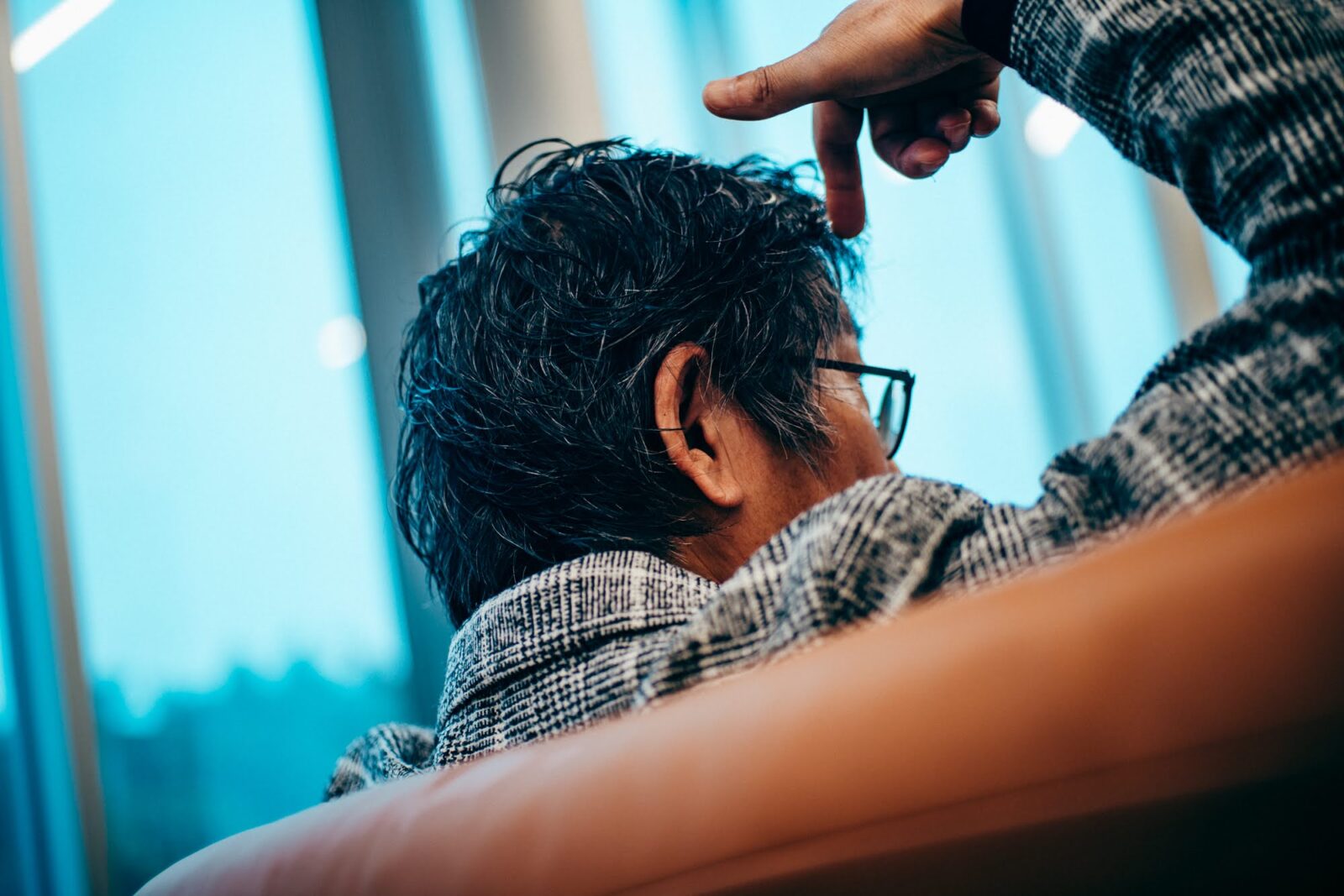
ーー What happens when dopamine is released?
First, let me explain what dopamine does in the brain.
In the past, dopamine was commonly hypothesized as something that is released when good things happen or when rewards are given. In order to prove this hypothesis, brain scientists have conducted various experiments.
Dopamine can be released intentionally through electrical stimulation.
For example, there was an experiment where electrodes were implanted in the brains of rats. The rats were given a release of dopamine when they pressed on a lever. What do you think the rats did?
ーー Did they learn that pressing the lever is good and provides a reward?
It led the rats to press on the lever like crazy.
Similar experiments have been conducted on humans. We find that the release of dopamine really does make us feel good. Furthermore, it is said that it is a sexually pleasurable feeling. Consumption of stimulants also releases dopamine, so that is probably why it leads to overuse of a product. A common example is alcohol, which also releases dopamine.
So does dopamine really get released when something “good” happens?
Dr. Schultz of the University of Cambridge conducted studies to confirm whether this is true and found that dopamine is very important in our process of learning. In other words, he showed that dopamine is related to the mechanism of reward prediction. (*2)
The brilliance of Dr. Schultz’s research was that his experiments proved that dopamine works to predict rewards.
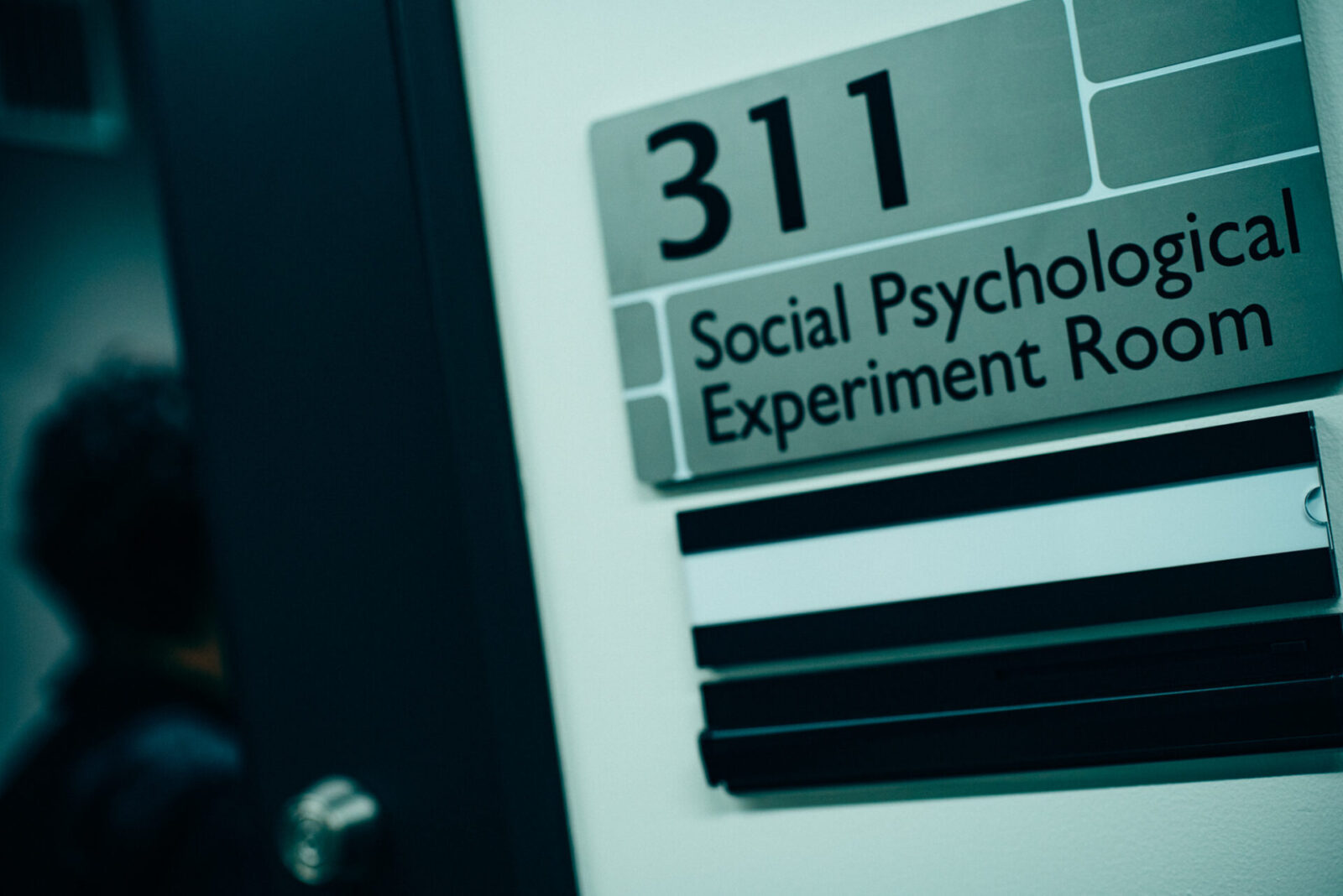
_DSC9129
ーー Reward predictions create value. What kind of experiments did he conduct?
In his experiments, he set up an environment where monkeys were given food (i.e. rewards) whenever a bell rang.
When the monkeys are trained in these conditions, they begin to predict the arrival of food when they hear a bell ring. Dr. Schultz recorded the activity of dopamine neurons in the brains of the monkeys while they were predicting the reward.
He found that in fact, when the rewards came, or when something “good” was happening, the dopamine neurons stopped responding.
From this experiment, we learned that the hypothesis that dopamine is released when “good” things happen, is actually incorrect.
So when do the dopamine neurons become active? We learned that it was when the monkeys heard the bell ring, or in other words, when the brain “anticipates” a reward.
In this way, the new hypothesis that dopamine neurons become active in response to reward prediction was born.

ーー So does this mean that the brain feels value in something when it is predicting a reward, rather than in the moment that something “good” is happening?
Let’s say we have an unfamiliar drink in front of us. We may first observe it and smell it, and we will make predictions on how good that drink will taste based on our past experiences.
That is “value” and this is when the dopamine neurons are activated.
When we actually try the drink we find out the result and how accurate our predictions were, whether that be that it was as good as we thought, or that it tasted worse than we predicted. The amount of dopamine that is released is based on the accuracy of our reward prediction error and this is what leads to pleasurable feelings.
Dr. Schultz’s research had a major impact on subsequent brain science.
Shikohin experiences derived from individual learning

ーー What are the benefits of having dopamine neuron activity in the brain?
It helps in the most important aspect of our survival, which is our ability to learn.
Dr. Schultz’s work showed that we are able to learn because our brains create value through the prediction of reward with the mechanisms of dopamine activity.
In order for us to live better lives every day, we need to make choices on unfamiliar events and we need to act on those choices. It is necessary for us to learn the value of the choices we made that helped to maintain a good life so we can repeat them in the future.
This kind of learning that reinforces valuable choices is called “reinforcement learning.”
Before Dr. Schultz’s hypothesis was developed, it was simply assumed that learning occurred when we received a reward, but we did not understand how much we should learn. In other words, we did not know how the value was measured, like getting evaluations from a teacher. In reinforcement learning, this is called a “teaching signal.”
If dopamine is released in response to reward prediction error, this would explain how the brain uses the amount of dopamine released as a teaching signal to add or subtract value.
This also explains that humans have the ability to reinforce our actions based on choices that are given a higher value.

ーーSo our brains continue reinforcement learning in order to lead better lives?
Actually, while we do know that dopamine release increases when the results are better than our predictions, we still don’t understand what happens when the results are worse than our predictions. When the results are worse than our predictions, we know that the amount of dopamine released is decreased, but because there is not much room for reduction and we do not yet know how dopamine influences our learning for negative results. Further research is necessary on this topic.
In the beginning, I talked about how shikohin is closely related to dopamine, rewards and reward prediction error.
The state of being hooked on a particular shikohin experience at the very least means that it is a result of the human brain predicting that the shikohin will be a “valuable” experience. It can be said that it is a result from continuously gaining a valuable result from it and learning that it should be repeated in the future.
(To continue in part 2 on December 2)
Photo: Kaori Nishida
Translation: Sophia Swanson
※1 『The cost of obtaining rewards enhances the reward prediction error signal of midbrain dopamine neurons』 written by Dr. Masamichi Sakagami, Research Fellow Shingo Tanaka (Assistant Professor, Niigata University), Visiting Professor John P. O’Doherty (California Institute of Technology) https://www.nature.com/articles/s41467-019-11334-2
※2 Schultz,W. (1998) Predictive Reward Signal of Dopamine Neurons. Available at: https://journals.physiology.org/doi/full/10.1152/jn.1998.80.1.1 (Accessed: 5 November 2022).
Akihico Mori writes for WIRED Japanese Edition, MIT Technology Review, and other academic publications. He holds an M.A. in Media and Communication from the University of the Arts London.
Editor and creator of the future through words. Former associate editor of Huffington Post Japan. Became independent after working for a publishing company and overseas news media. Assists in communications for corporates and various projects. Born in Gifu, loves cats.
